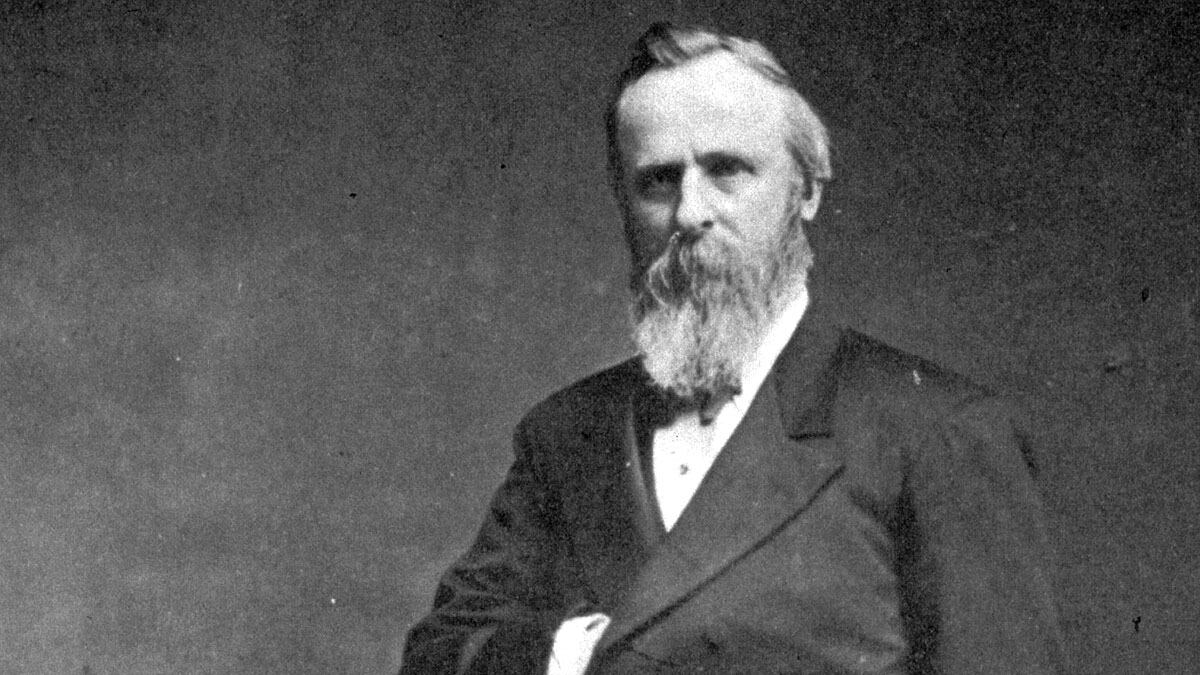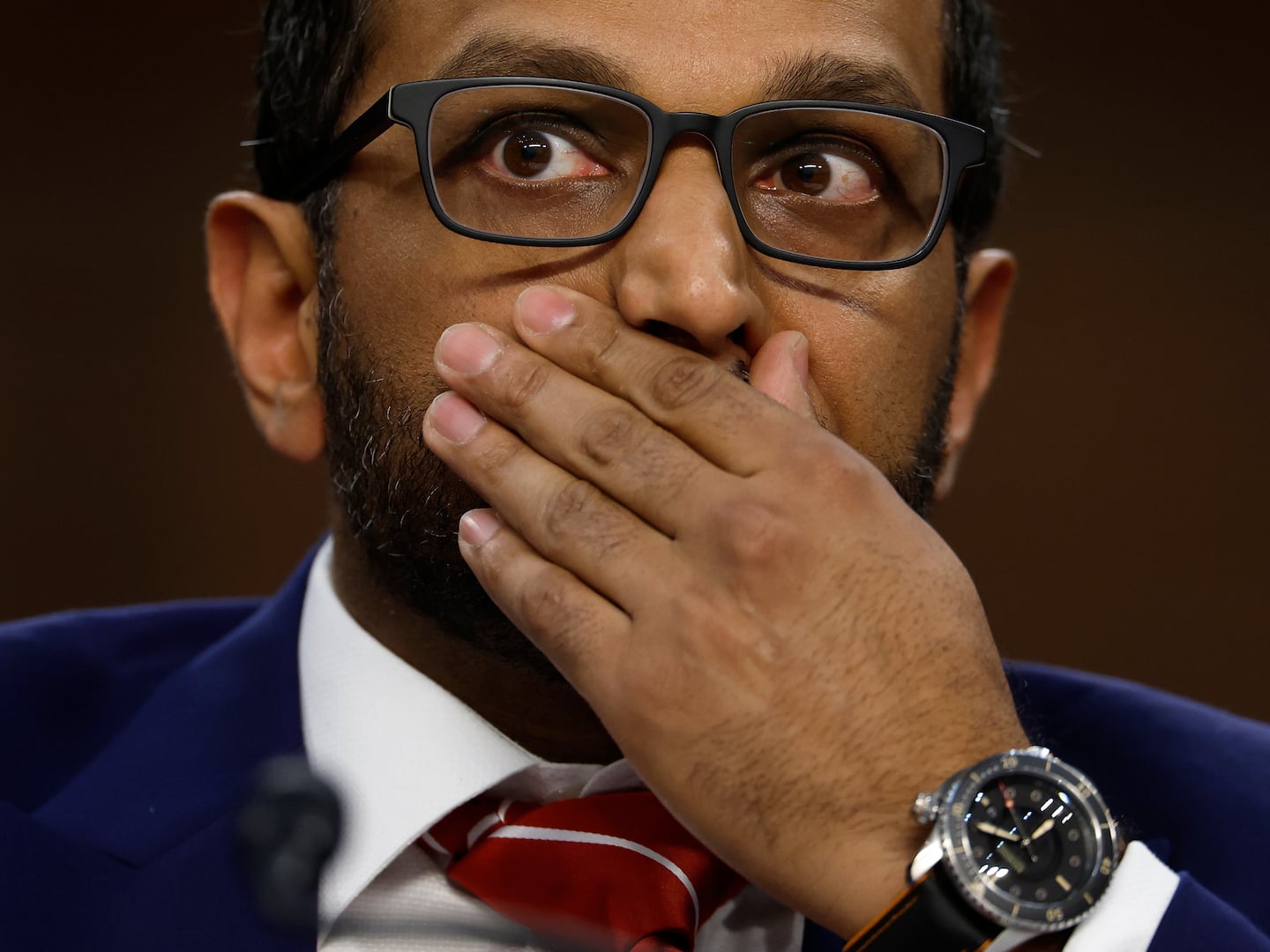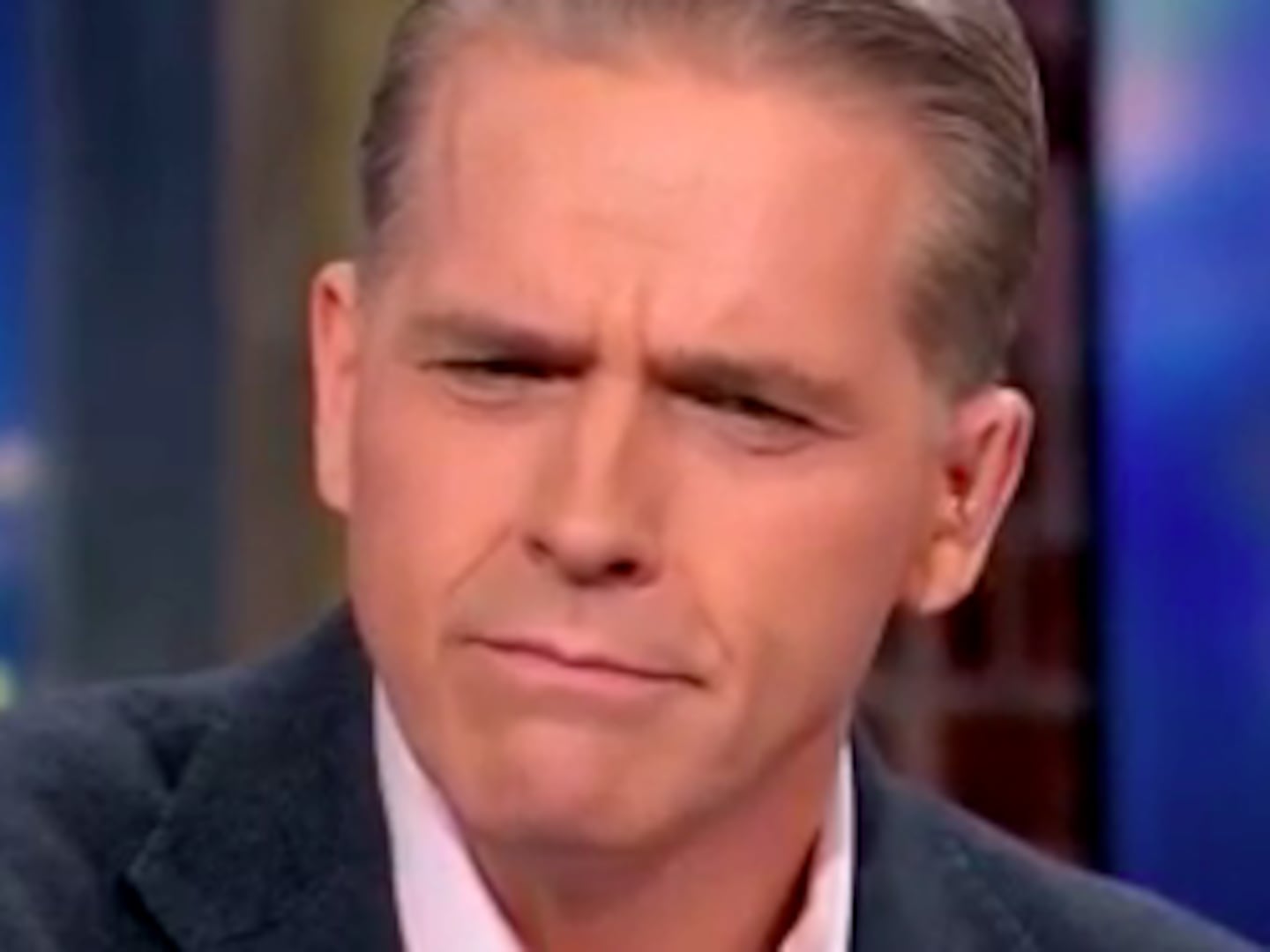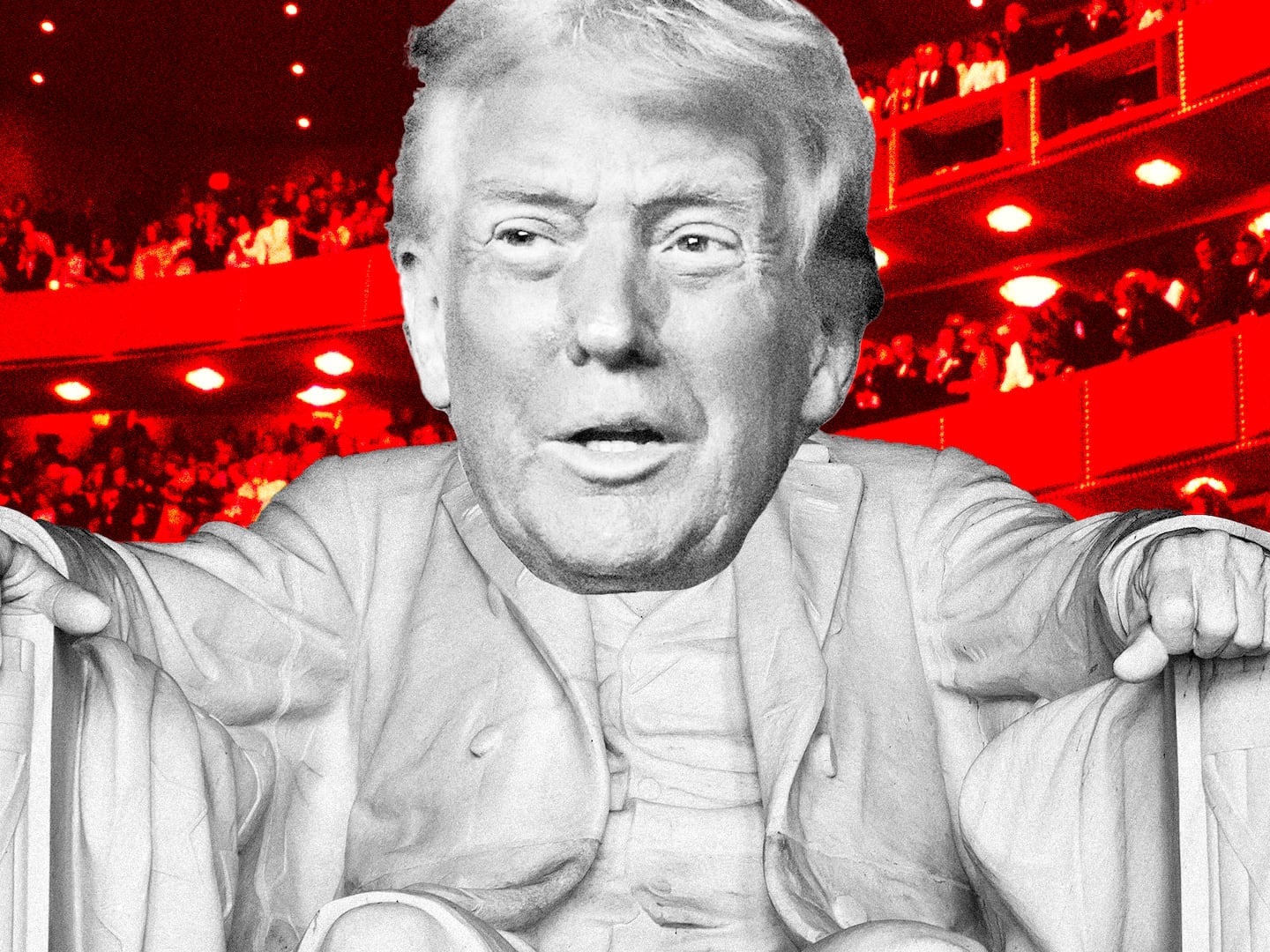
New York magazine has a "light" item about a presidential slip today.
President Obama made a joke about one of his predecessors, Rutherford B. Hayes, pooh-poohing the then-new invention of the telephone. That turned out to be the very opposite of the truth. In fact:
Hayes was not only the first president to have a telephone in the White House, but he was also the first to use the typewriter, and he had Thomas Edison come to the White House to demonstrate the phonograph. "So I think he was pretty much cutting edge," Card insisted, "maybe just the opposite of what President Obama had to say there."
Amusing.
But there's a serious point.
1) Presidential speeches are supposed to be vetted and fact-checked. Something's amiss when a bogus historical anecdote trawled from an unverified Internet search can make its way past the communication department's safeguards. There are many junk anecdotes out there (H.L. Mencken flat-out invented the story about President Millard Fillmore installing the first bathtub in the White House). White Houses are supposed to have systems to protect presidents against them. Doesn't this one?
2) The story is of course extremely unlikely on its face. Even a minor presidential speech is read by at least a dozen people—often two dozen—before it is delivered. Yet none of them knew enough basic U.S. history to say, "This doesn't sound right to me"?
3) The temptation to disparage the past is not a very pleasant one. We are not smarter or wiser because we happen to be born later, and it's an unlovely tendency to imagine that we are. Sorry to see this president and his writers succumbing to it.






